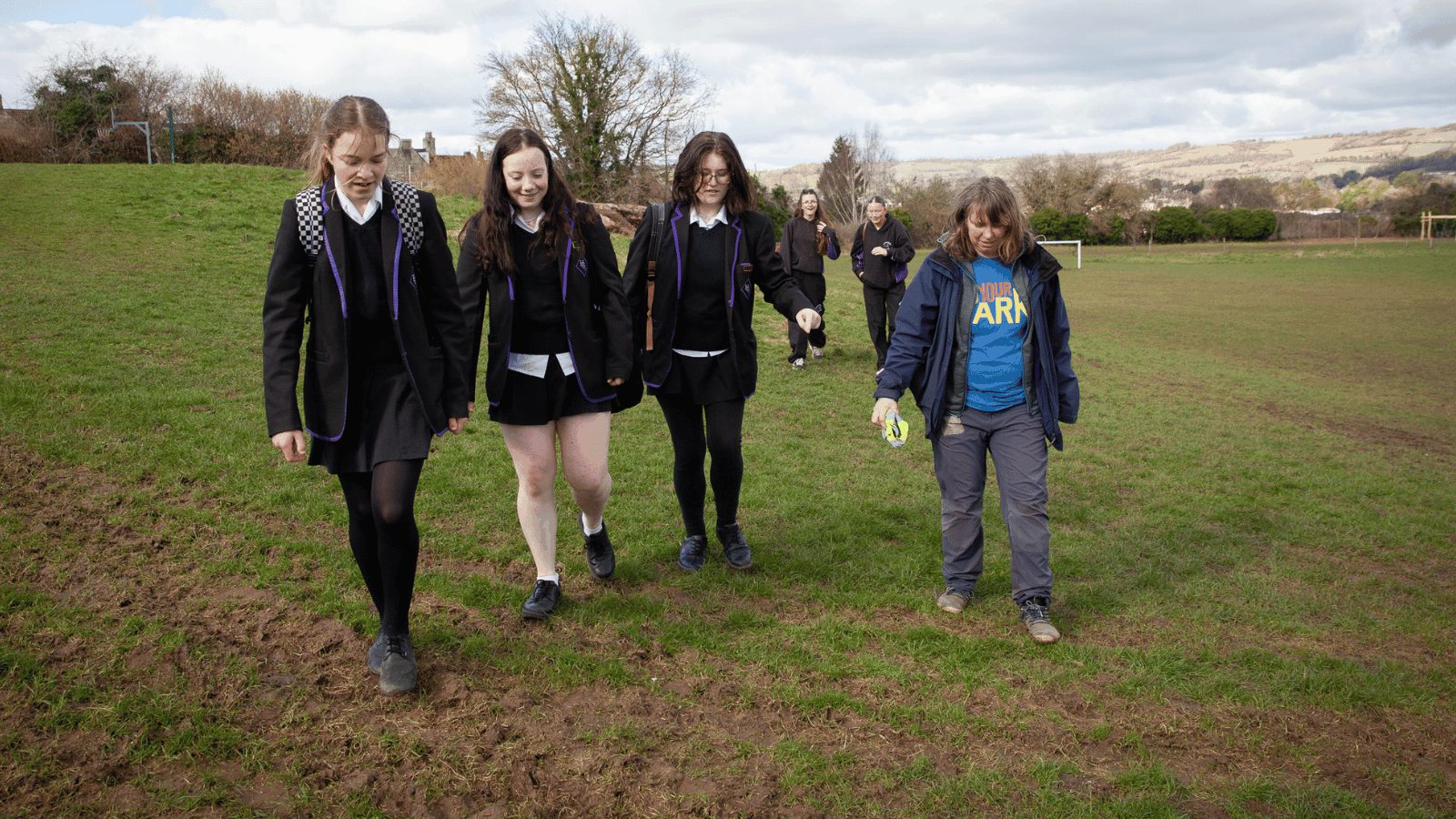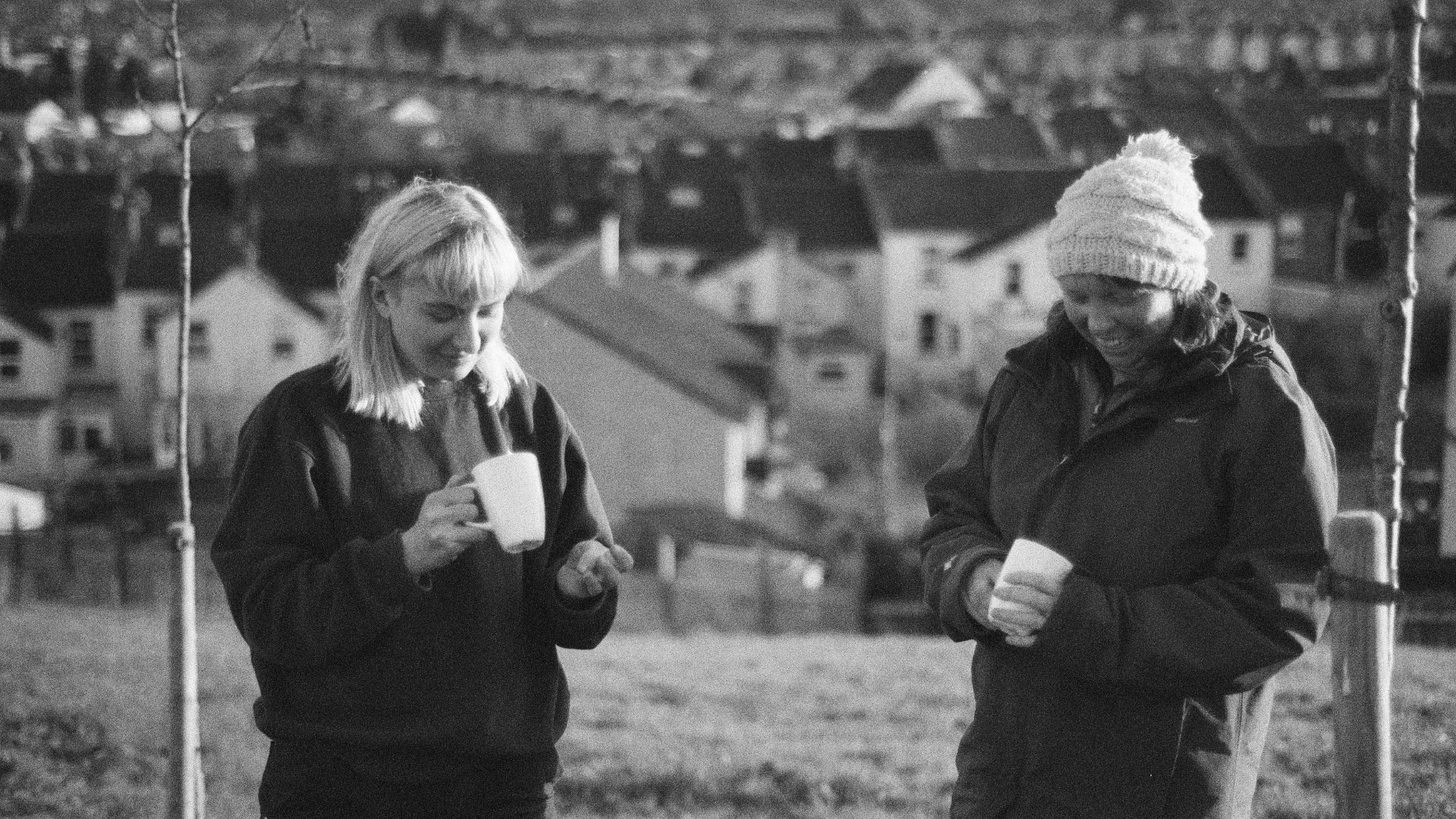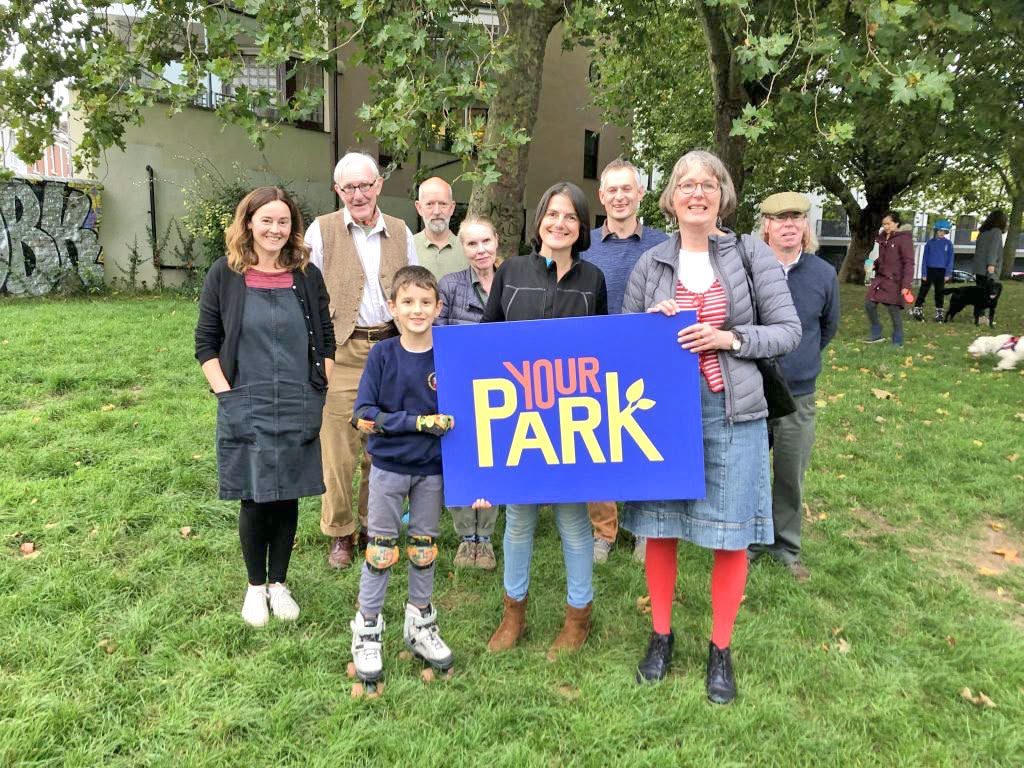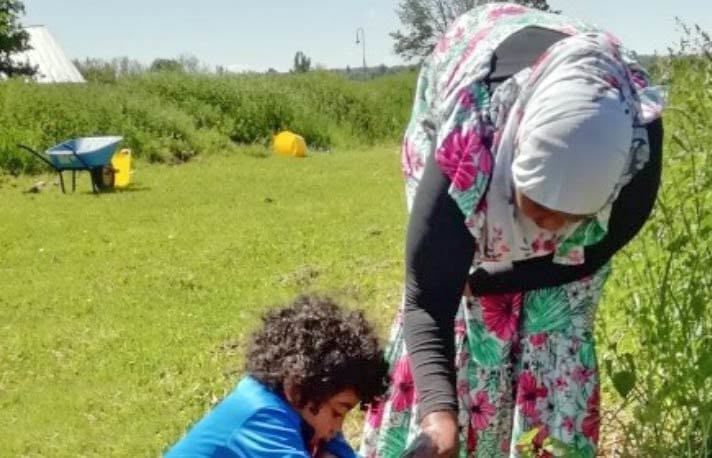Parks in Bristol to be made safer for women and girls
At a full meeting of Bristol City Council last week, councillors backed a motion calling for parks across the city to become safer and more welcoming for women and girls.
The decision follows national concern about safety in public spaces and growing evidence that many people do not feel able to use parks with confidence.
As a charity working to improve access to parks for everyone, we welcome this commitment. Parks have the power to improve our health and wellbeing, yet too many people are excluded.
You can read our supporting statement here.
Why this matters
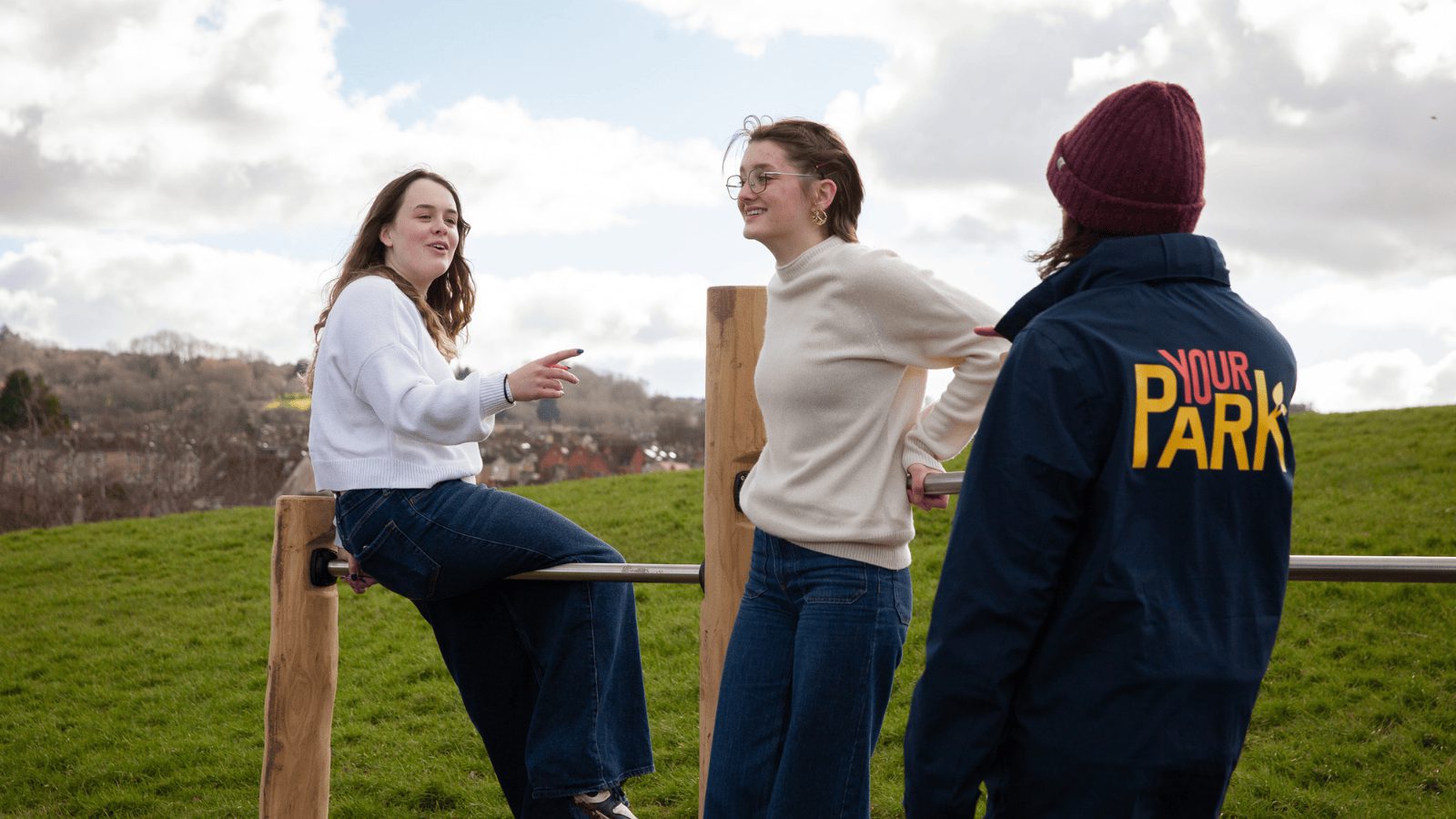
Women and girls face barriers that range from poor sightlines to a lack of social spaces designed with them in mind. For many Disabled girls, girls from global majority communities and those living in lower income neighbourhoods, these barriers are even greater.
Research shows clear inequalities in who feels able to enjoy parks. Only 38 percent of Disabled people in Bristol visit parks at least once a week, and use is lower among Black, Asian and minority ethnic groups and people living in the most deprived areas.
These inequalities compound the barriers already experienced by many women and girls.
What our experience shows

We have been working on these issues for several years through our Parks 4 All programme and our Reimagining Parks projects. These focus on understanding people’s lived experiences and co-designing practical improvements with the communities who use the spaces least.
In Bath we partnered with Make Space for Girls to Reimagine Brickfields Park for teenage girls. Guided by extensive consultation the park now includes a five way swing, lower hedges to improve sightlines, a figure of eight bench, somersault bars, new entrance gateways and a tree trunk seating and climbing space.
We have also published research into the experiences of Disabled people and carers in parks and developed a community toolkit to support local groups to identify and act on access barriers. Our research with Bristol’s different ethnic groups will be published in December 2025.
What the Council’s motion means
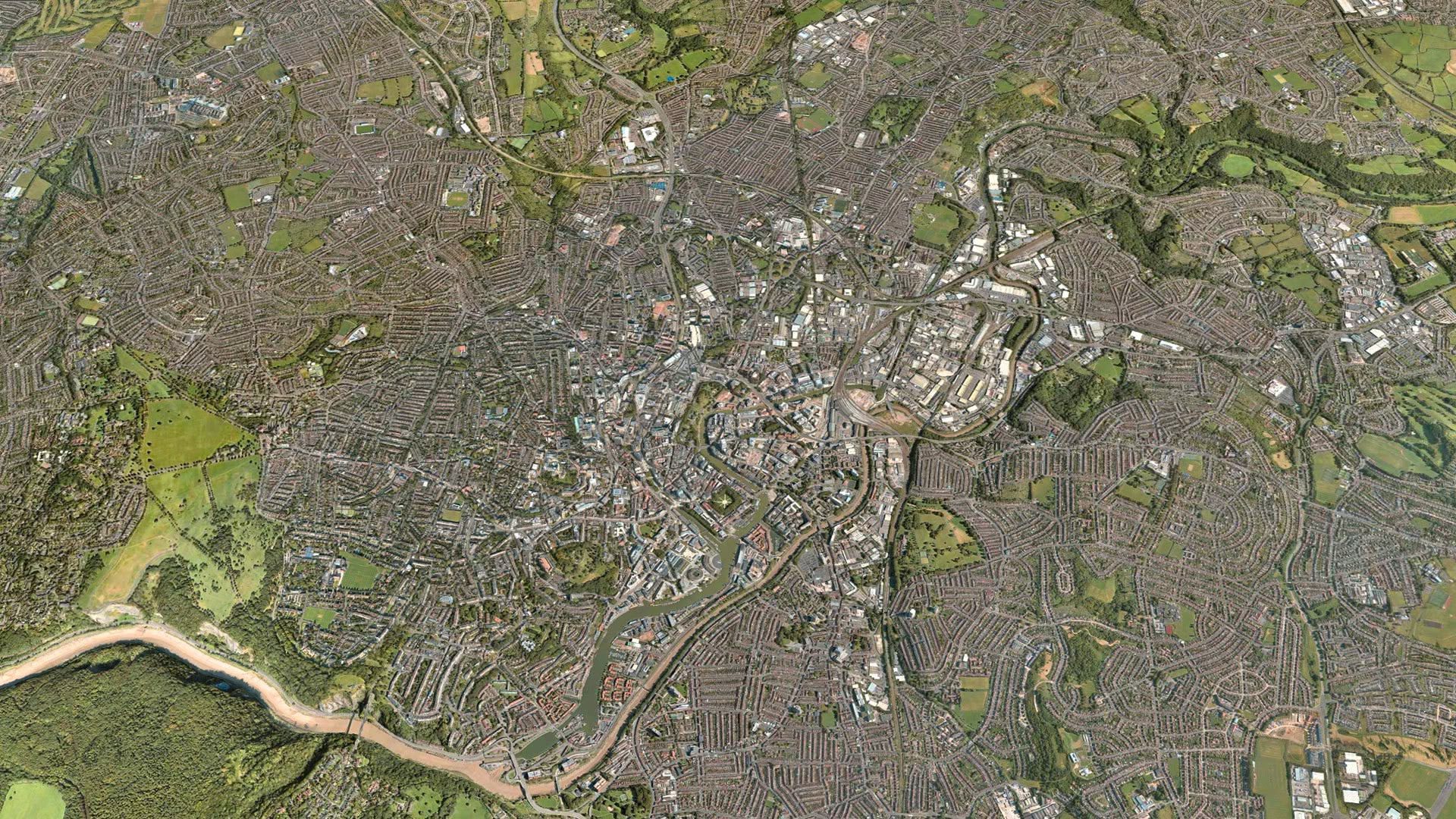
The motion recognises that safety in parks is not experienced equally. It acknowledges that people from marginalised communities face the greatest barriers. This aligns with our evidence and with the experiences shared by our lived experience reference group, Your Park, Your Say.
We agree that the redevelopment of Castle Park is an opportunity to embed safety, accessibility and inclusion from the start. However, these principles must apply to all parks across the city, including those in areas with the least investment. Funding must be available to turn community identified solutions into action on the ground.
We are also encouraged by the commitment to engage women and girls as external consultees. This must extend to organisations representing Disabled people, carers and global majority communities who experience the biggest gaps in use.
Our message to the city

Real change will only happen if improvements are shaped by the communities who use parks the least. This means working closely with girls, Disabled people, carers and global majority communities to understand the barriers they face and the solutions that work for them.
We look forward to working with Bristol City Council and councillors across the city to ensure that the benefits of Bristol’s parks are shared more fairly.
If you'd like to talk to us about the motion or our work, get in touch.

